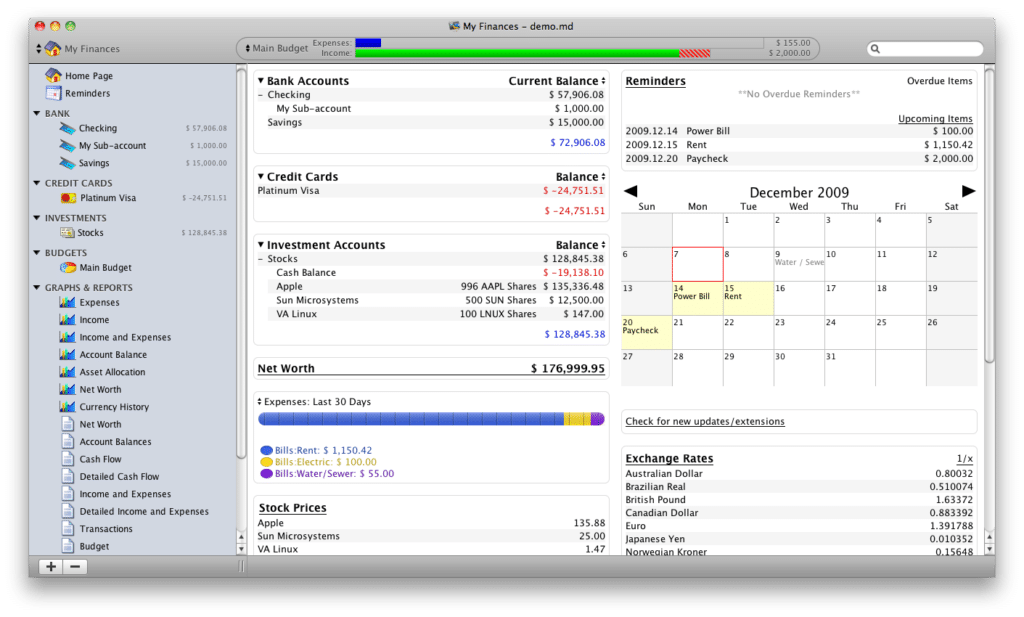
Most critically, the interest rates varied widely: The spread was more than 2%. However, the reality as I started calling around was somewhat different: Not every institution I talked to offered an asset-based mortgage, and those that did had widely differing rules for valuing your assets as income. They can use assets such as IRAs and 401(k)s to allow mortgage applicants to meet income requirements. There are a few articles about the “asset depletion” rules for loans backed by Fannie Mae and Freddie Mac. But they’re mostly from the financial press. If you Google for “asset-based” mortgages you’ll get hits. So, would a bank even lend us money for a mortgage? I decided to find out in advance of the need…. We already experienced jumping through special hoops to document our assets when we applied for our current rental. Jumping Through Hoops to Get a Mortgage Without Regular Income Still in our late 50’s, and without steady income, we have nothing but assets…. We aren’t even withdrawing from our IRAs yet. No W-2, Social Security, pension, or annuity income. This all means we would need a mortgage….īut we, like other early retirees, aren’t the typical mortgage applicants. So we can’t sell assets without incurring large capital gains taxes. And, our other investment positions go back many years. The proceeds from our previous home sale in Tennessee have long since been folded into our growing portfolio.

But we don’t have any more than that lying around.

We can’t afford a six-digit mistake.Īnd, if we were to buy a home, another problem presents itself: We can well afford it, on paper, but where would we get the cash? Yes, we do keep a few years of living expenses on hand. Our financial independence hinges on keeping our nest egg working hard. But this would be no snap decision for us. Up to now, we have loved our vagabond lifestyle, traveling the west from our home base in Santa Fe.īuying a home now would be a tacit acknowledgment that we were “settling down” in one place for our retirement.
The prospect of home ownership has again dawned. Now, the scales may be tipping as we get visibility into later stages of retirement. But, for the past four years, other factors have clearly made renting the better choice for us. We owned our home for the 17 years we were raising our son in Tennessee, and were content. There is an element of control and security in owning the property where you live. It’s a financial analysis that, in today’s world, is by no means guaranteed to support buying as the superior option….īut I have never denied the emotional benefits of home ownership.

buying - one of the most popular on this site - lays out a procedure for analyzing the rent vs. My post about our move across the country spells out the high quality of life we’ve achieved as renters - without the obligations of home ownership.Īnd my article about renting vs. When we retired, downsized, and moved west I swore I’d never own another house. If you can’t show income, how do you go about getting a mortgage? But most conventional mortgage loans are based on income. But what if your lifestyle plans require a home purchase?Įven if you have the savings to afford a house, you might not necessarily be able to liquidate enough of those assets quickly in a tax efficient manner. Even if you’re a traditional retiree, you might have only one of those income streams. Most early retirees have no pension, annuity, or Social Security income.


 0 kommentar(er)
0 kommentar(er)
